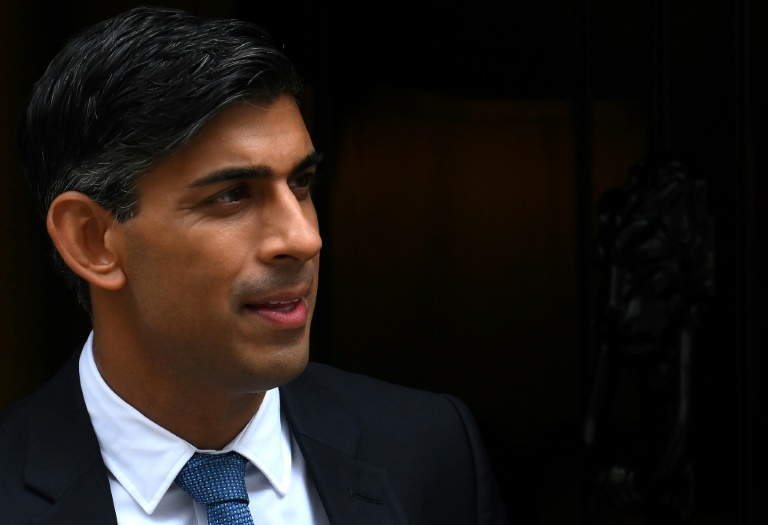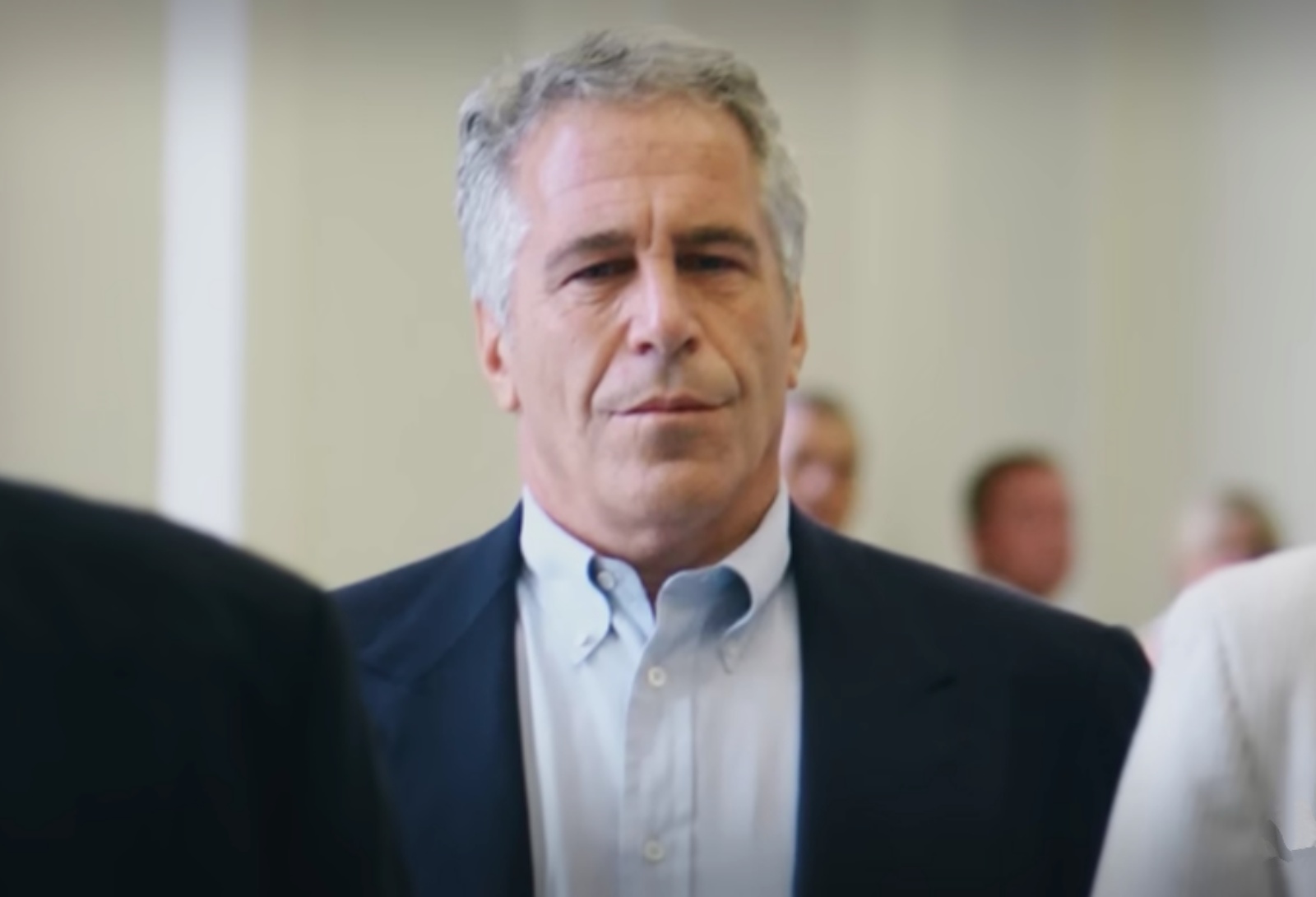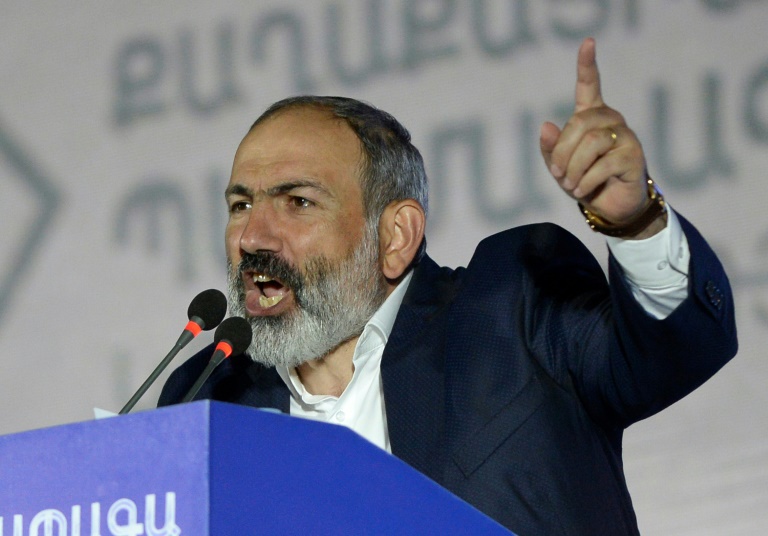The UK looked set to backtrack Wednesday on policies aimed at achieving net zero emissions by 2050 with Prime Minister Rishi Sunak expected to water down some of the government’s green commitments.
The move comes amid growing concern over the potential financial cost of the government’s policies to achieve net zero carbon emissions by mid-century.
A general election is expected next year and Sunak’s Conservative Party is trailing in the polls behind the Labour opposition amid a cost-of-living crisis that has seen food and housing costs spiral.
Sunak will deliver a speech at Downing Street later on Wednesday.
According to British media reports, the premier wants to water down plans to phase out gas boilers from 2035 and delay the ban on the sale of new petrol and diesel cars due in 2030.
In a statement late Tuesday he said that while the government was committed to the net zero target, it would try to achieve it “in a better, more proportionate way”.
The Conservative’s narrow win in a west London by-election in July — largely put down to a campaign against the expansion of a vehicle pollution toll zone in the capital by Labour mayor Sadiq Khan — triggered calls within the party to rethink climate commitments.
Sunak said politicians “of all stripes have not been honest about costs and trade-offs” and that he would “put the long-term interests of our country before the short-term political needs of the moment”.
Interior minister Suella Braverman told Sky News on Wednesday morning that “we’re not going to save the planet by bankrupting the British people”.
“We absolutely remain committed to delivering net zero by 2050 in line with our international agreements,” she said, adding that “we also need to adopt an approach of pragmatism and proportionality”.
“We need to put economic growth first, we need to put household costs and budgets first, we need to put the cost of living first,” she added.
The government’s expected net zero rethink sparked anger among opposition lawmakers, environmental campaigners and some Conservative MPs, setting up a possible rift in Sunak’s party.
In July, Sunak approved hundreds of new oil and gas licences in the North Sea off Britain’s east coast, angering environmentalists.
Former COP26 president and Conservative lawmaker Alok Sharma warned that “for any party to resile from this agenda will not help economically or electorally.”
Chris Skidmore, a Conservative former energy minister who recently led a review on net zero for the government, said Sunak “still has time to think again and not make the greatest mistake of his premiership.”
Reports suggested that some MPs may even be preparing letters of no confidence should Sunak go ahead with the move.
Green Party MP Caroline Lucas said “this decision would be economically illiterate, historically inaccurate and environmentally bone-headed.”
Ed Miliband, Labour’s spokesman for energy, called it a “complete farce from a Tory government that literally does not know what they are doing day to day.”
“Sunak is taking the public for fools. He claims he’s helping ordinary people by playing politics with the climate, but we know the real winners will be big corporations like the oil and gas lobby,” said Greenpeace UK’s policy director Doug Parr.







